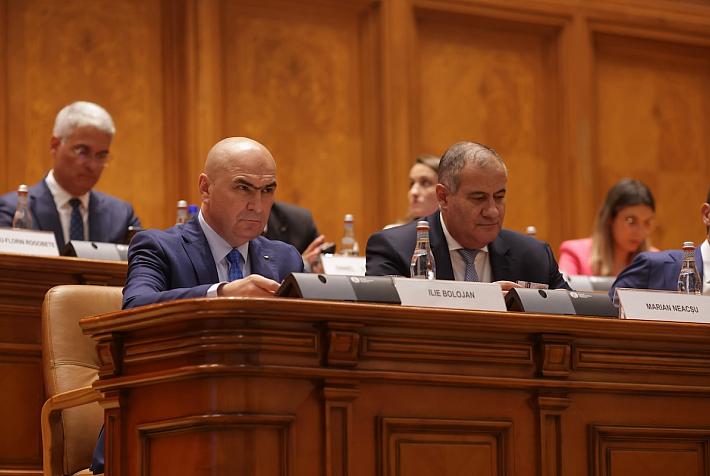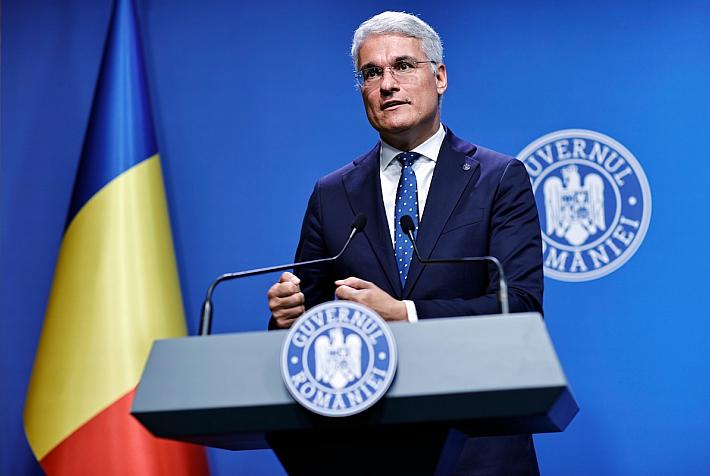Comment: Resignations in Romania and the games of power

You’ve got to love high level resignations in Romania. Or better said, the way a resignation may be quickly followed by a change of heart, or by a series of statements and events political analysts take ages to decipher.
Take the recent statement by National Liberal Party leader Crin Antonescu, after the party’s lower than targeted results in the recent European Parliament elections. He wrote on Facebook that he’d resign, as he promised he’d do in the event of a bad result. As a journalist, I learned to take high level resignation announcements with a pinch of salt, and always bear in mind that I would have to quickly do a follow up and an update to the story, the same day or the next, as the person is very likely to change their mind, or add a big ‘…but’ to their initial statement.
In a press conference on Monday, Antonescu reinforced his statement that he’d resign from the helm of the party, but later during the day, he said he’s continue to run the party until a new leadership will be elected in a congress. It’s still a resignation, it is true, but a true one would have been stepping down immediately, and naming an interim. Instead, he chose to be the interim himself.
I remember the famous ‘resignation’ announced by Romanian president Basescu himself in 2012, quickly followed by a change of heart. A year later, Prime Minister Ponta proposed the president that the two resign together, and let people elect both the Parliament and the President in early elections. It seems resignations are not very powerful tools in Romania, and speaking about one, or threatening with one do not always yield any results (other than some media coverage). Of course the PM later on said he had no intention of resigning – which was political lingo to describe a ‘statement trap’ politicians use so often to attack each other in Romania.
Sometimes it’s the other way around – instead of hastily announcing their resignation, some high level officials take ages before making a public statement, after being in the center of a scandal of some sorts. I heard so many times foreigners commenting about this and that politician involved in a scandal or another who keeps holding on to their seats. In Western European countries they would step down at the slightest hint of them being involved in a scandal.
In Romania however, the habit is to wait until the scandal wears down, or until a proof of innocence. There were even cases of criminal cases started against politicians, and their resignation came much later in the process.
It is true that Romanian politicians tend to play dirty and I am sure many such scandals are started just to harm fellow politicians, rather than with the aim of keeping a clean country. If that was the case, I guess lots of Romanian politicians would have to hand in their resignation. Instead, politics in Romania seem to be about silently collecting information that would harm other politicians – either from their own party (you never know) or from the opposition – and keeping the info at hand until the most opportunistic moment. Sometimes disclosing the info may trigger a resignation, sometimes it may not, depending on so many factors. It’s all about power games in Romania.
Corina Chirileasa, corina@romania-insider.com











